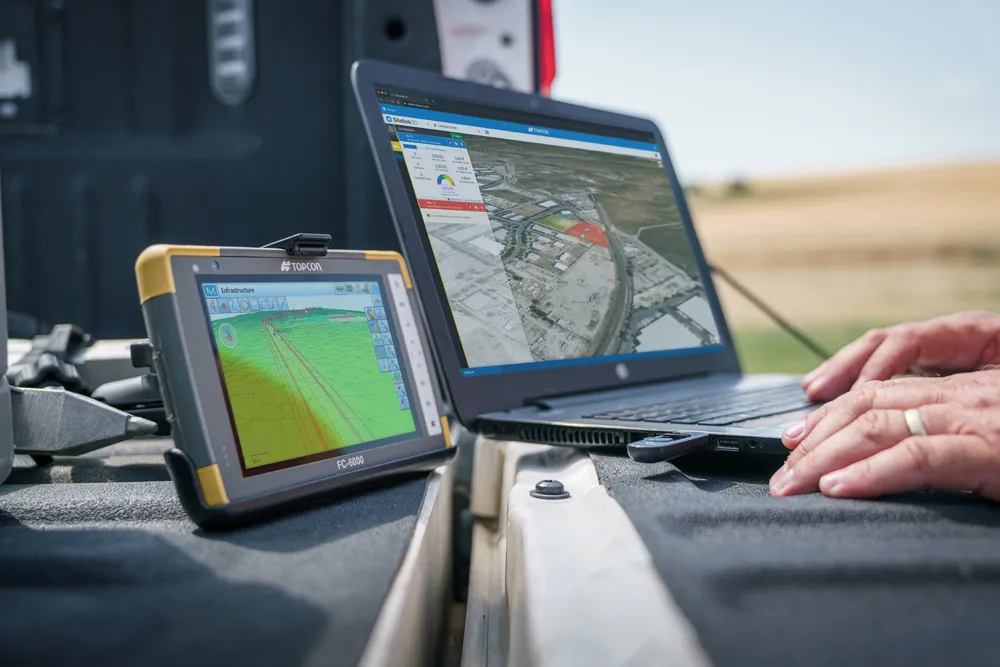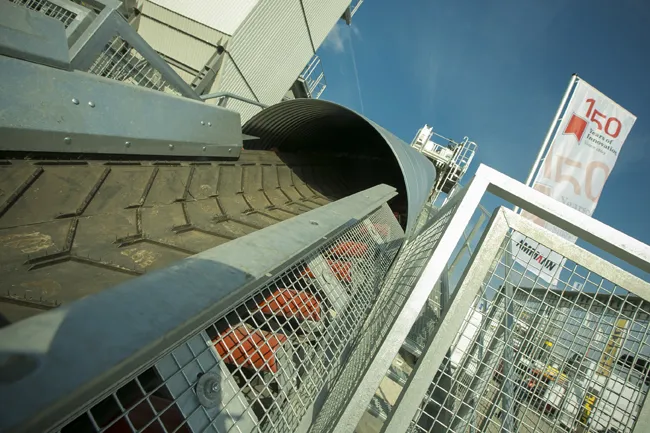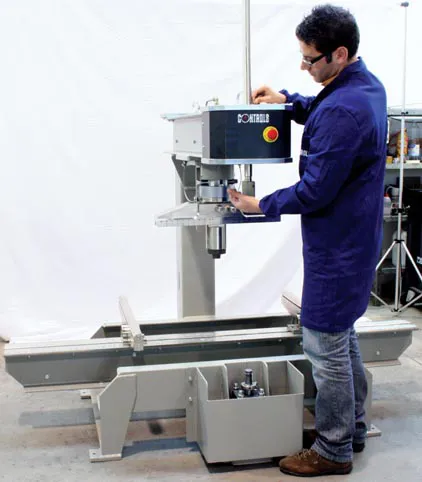CEMEX is developing its presence in the concrete technology segment with a strategic investment. The firm’s CEMEX Ventures division is buying a stake in the specialist Concrete Sensors, a US firm that carries out real-time monitoring of concrete. Concrete Sensors uses real-time data from sensors, allowing contractors to accelerate their schedules through accurate real-time monitoring of temperature, relative humidity, and strength with any mix design of concrete. The firm uses embedded wireless sensors, com
July 24, 2018
Read time: 2 mins
According to the firm, this allows engineers to avoid schedule delays while optimising their workflowa. After concrete pouring, installed on-site sensors are automatically activated to analyse the concrete and ensure quality and efficiency. Sensors continuously collect data, reporting on performance and alerting contractors of issues before they happen.
This technology is already being used by leading contractors including Turner Construction and








